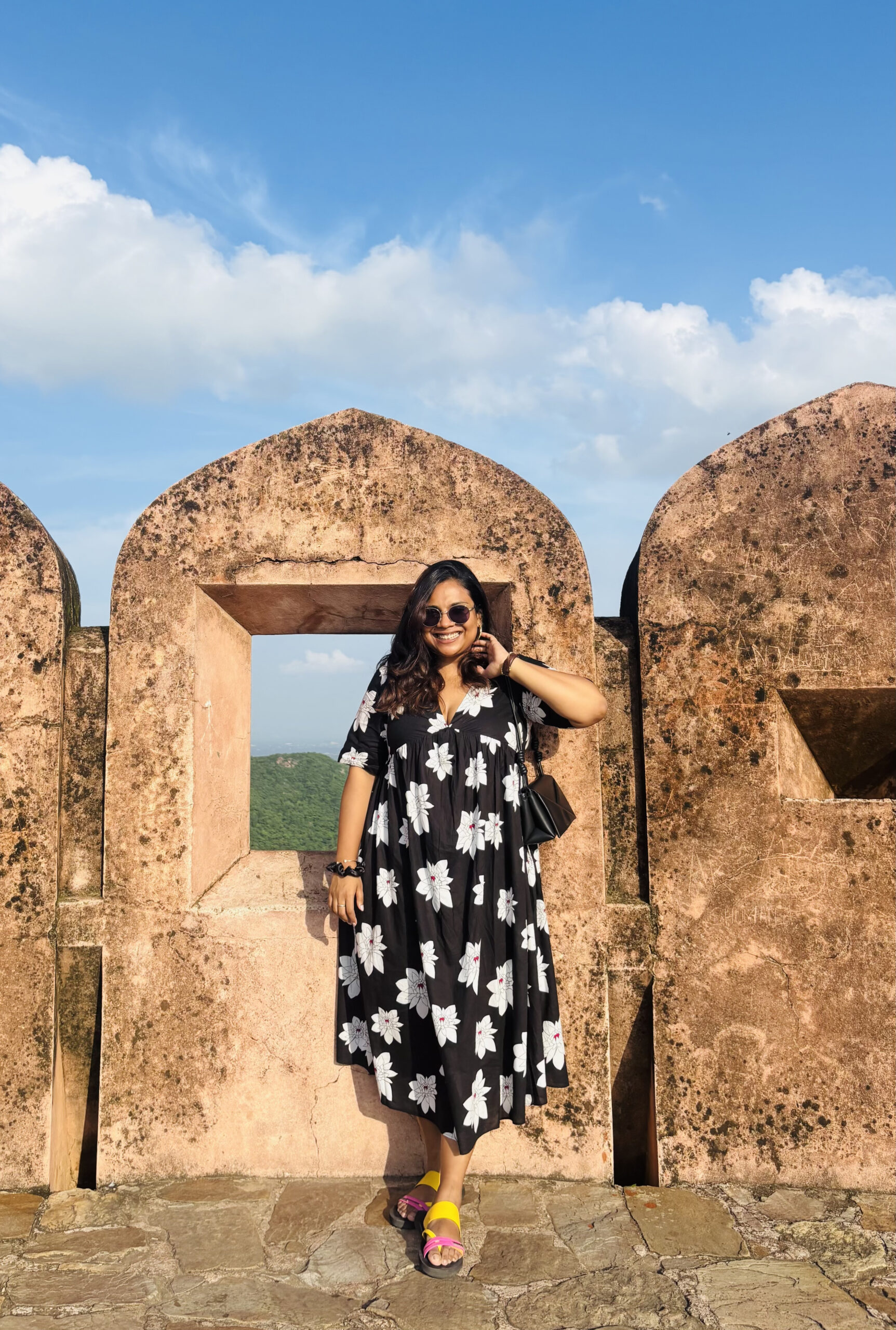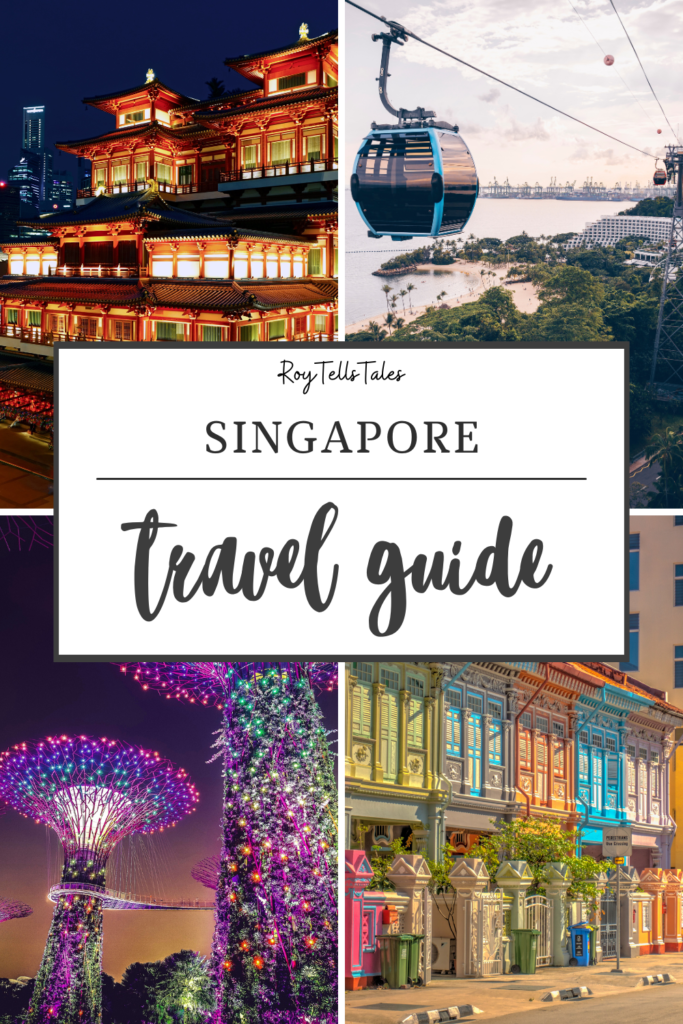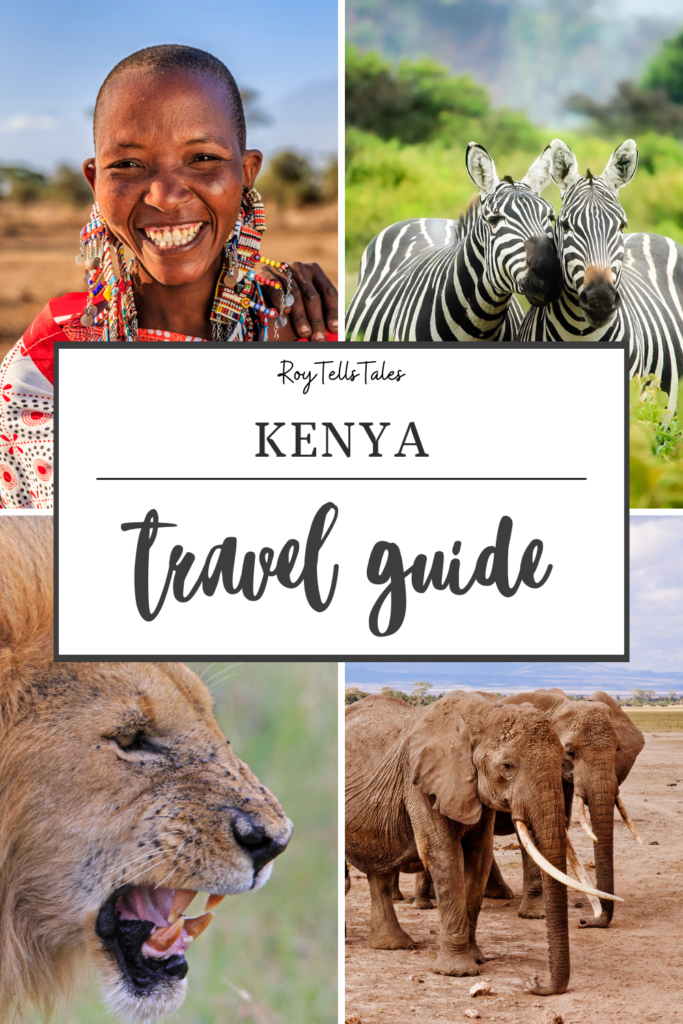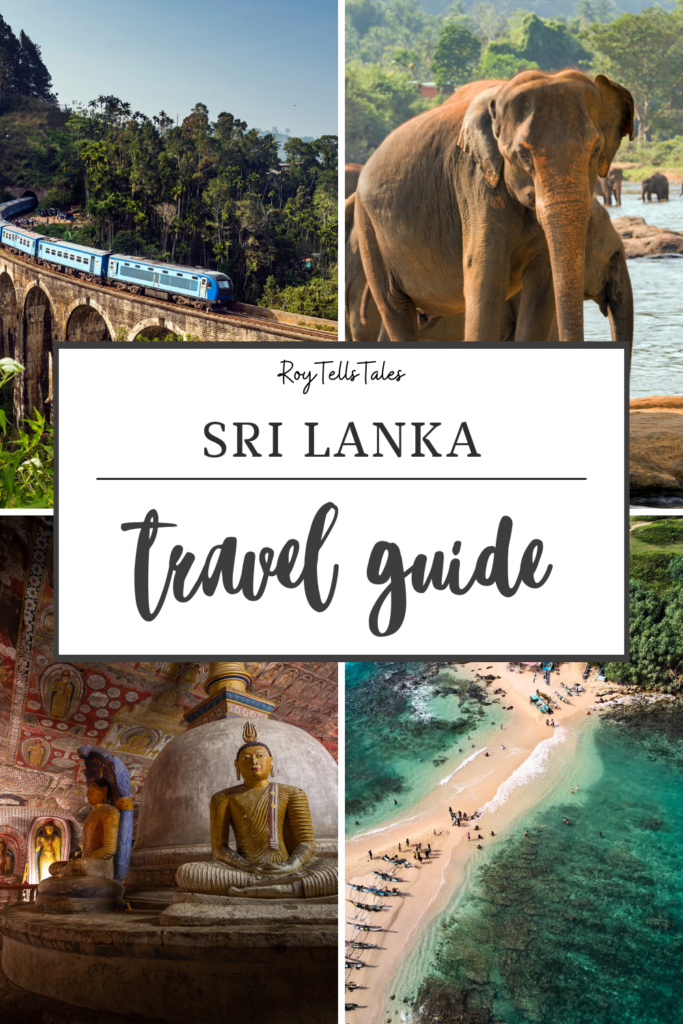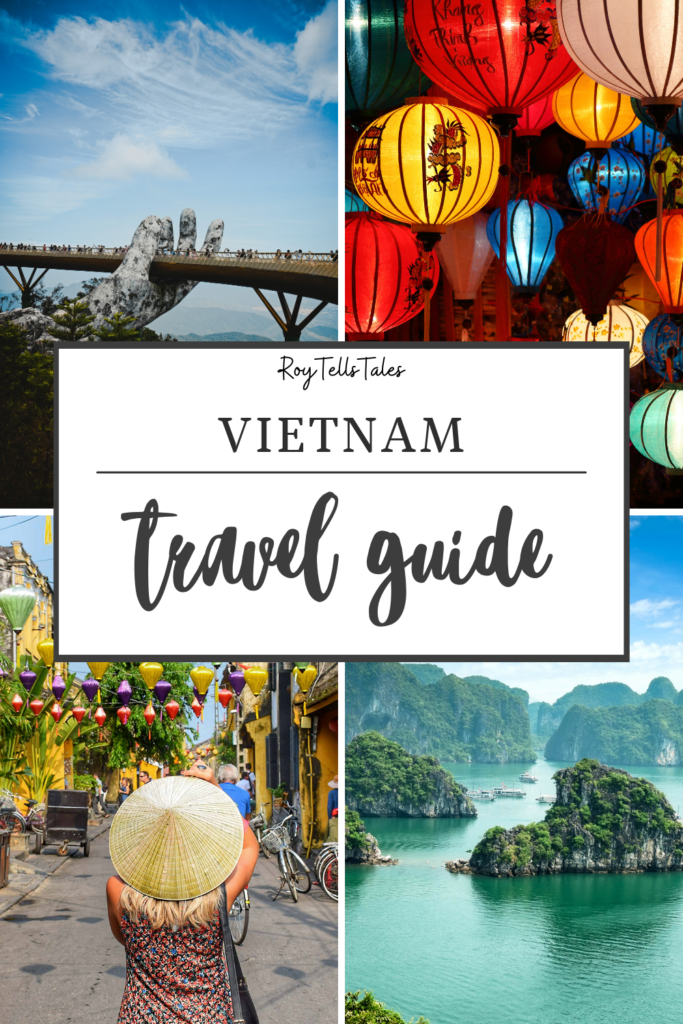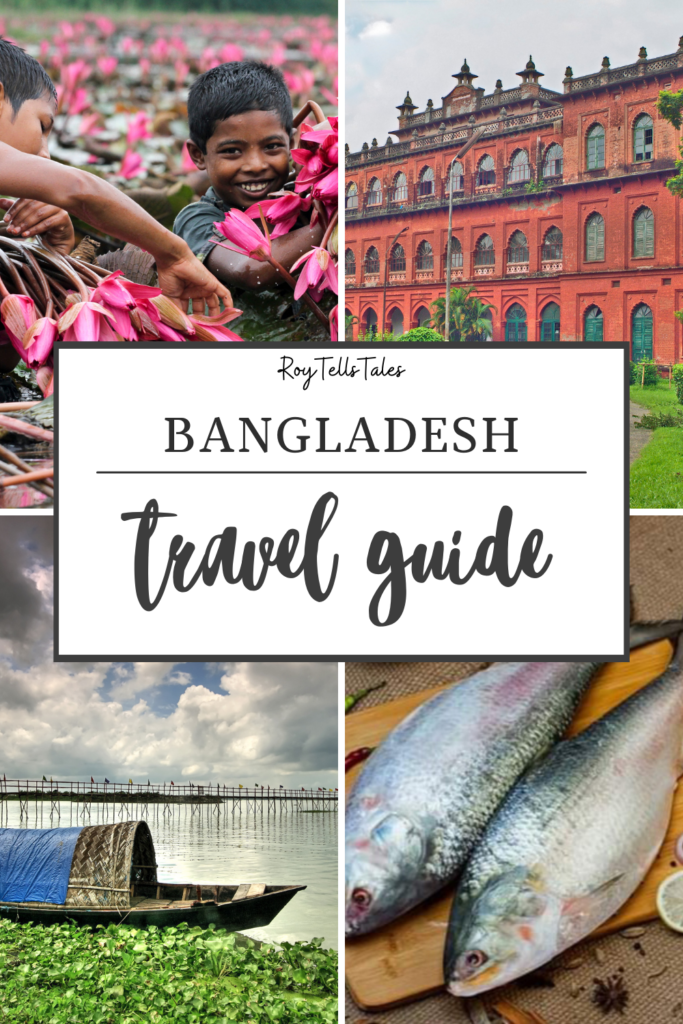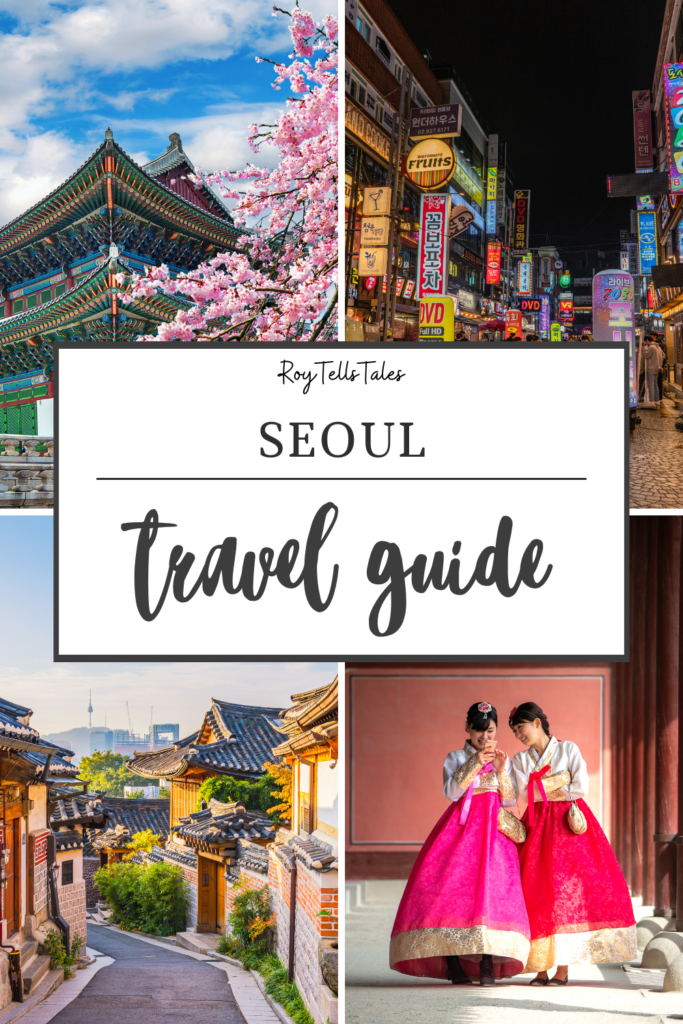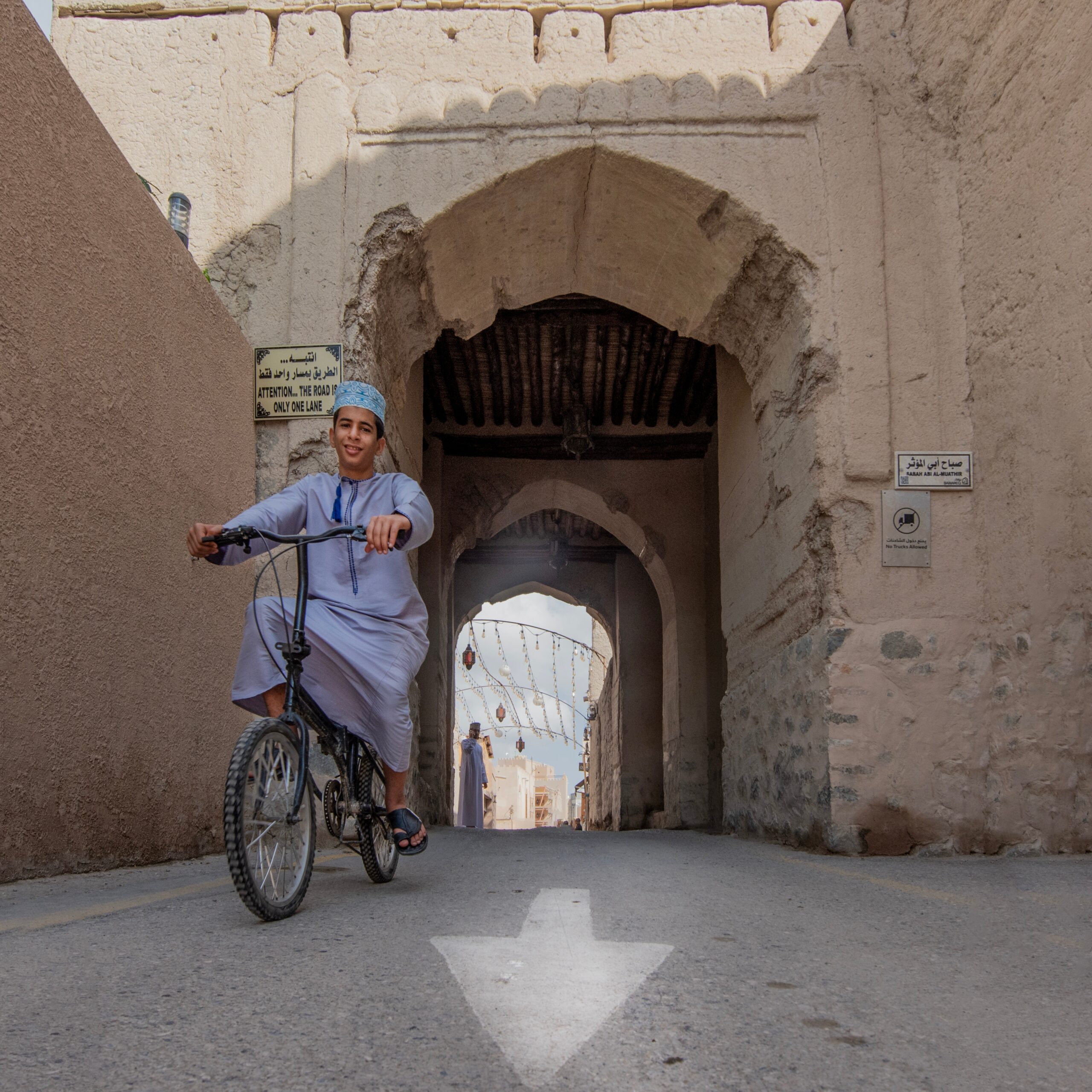

Is Oman Safe to Travel? Here’s All You Need To Know About Travelling to Oman
Oman often flies under the radar on most global travel bucket lists, but those who visit soon discover it’s one of the Middle East’s most breathtaking gems. With its stunning mountain ranges, vast golden deserts, and untouched coastline, Oman offers a unique mix of natural beauty, rich traditions, and warm, modern hospitality. When I planned my trip to Oman, I was wondering how safe it was, but while I was there, I realised that it’s safer than many other Middle Eastern countries.
In this Sultanate, you’ll find bustling souks echoing with the scent of frankincense, centuries-old forts standing proud beside serene wadis, and cliffside roads that lead to remote fishing villages and turquoise coves. Unlike the flashier cities of the Gulf, Oman moves at a gentler pace, one that invites deeper exploration, meaningful encounters, and genuine moments of awe.
But for many travellers, especially women travelling solo, there’s one question that often arises before booking a trip: Is Oman safe to travel?
In this article, I’ll share my honest perspective on discovering Oman and what safety truly means in this warm and welcoming land.

How Safe is Oman?
Let me begin with this: Oman is one of the safest countries I’ve ever travelled to.
Whether you’re strolling through the dimly lit alleys of Mutrah Souk, driving solo along the coastal roads of Sur, or camping under the stars in the Wahiba Sands, there’s an overwhelming sense of peace and security that surrounds you.
Oman consistently ranks among the most peaceful countries in the Arab world, according to the Global Peace Index. While headlines often paint a tense picture of the Middle East, Oman remains an exception: politically stable, socially tolerant, and absolutely safe.
A significant factor behind this sense of safety is the country’s strong internal security and low crime rate. Violent crime is extremely rare, and petty crime like theft or pickpocketing is uncommon, especially in comparison to many other tourist destinations. Omanis are known for their warm hospitality and deep-rooted respect for others, qualities that extend to how they treat visitors, including women travelling alone.
What also stands out is the nation’s culture of mutual respect. Oman is a traditional, conservative society, but it’s also remarkably open and accommodating. Public behaviour is courteous, and there’s a quiet sense of dignity in how people interact. Law enforcement exists, but it isn’t aggressive or intrusive. Police officers are approachable and generally helpful to tourists, and you’re more likely to receive a warm greeting than a suspicious glance.
Unlike in some countries where heavy policing is a visible part of urban life, Oman’s safety feels more organic. It comes from a sense of community, shared values, and a deeply ingrained cultural code that discourages crime and promotes harmony.
Of course, like anywhere else, it’s wise to follow basic precautions – dress modestly, respect local customs, and avoid isolated areas at night. But overall? Oman is a destination where you can let your guard down a little, breathe easy, and truly immerse yourself in the journey.
[Also Read: Best Reasons to Visit Oman]
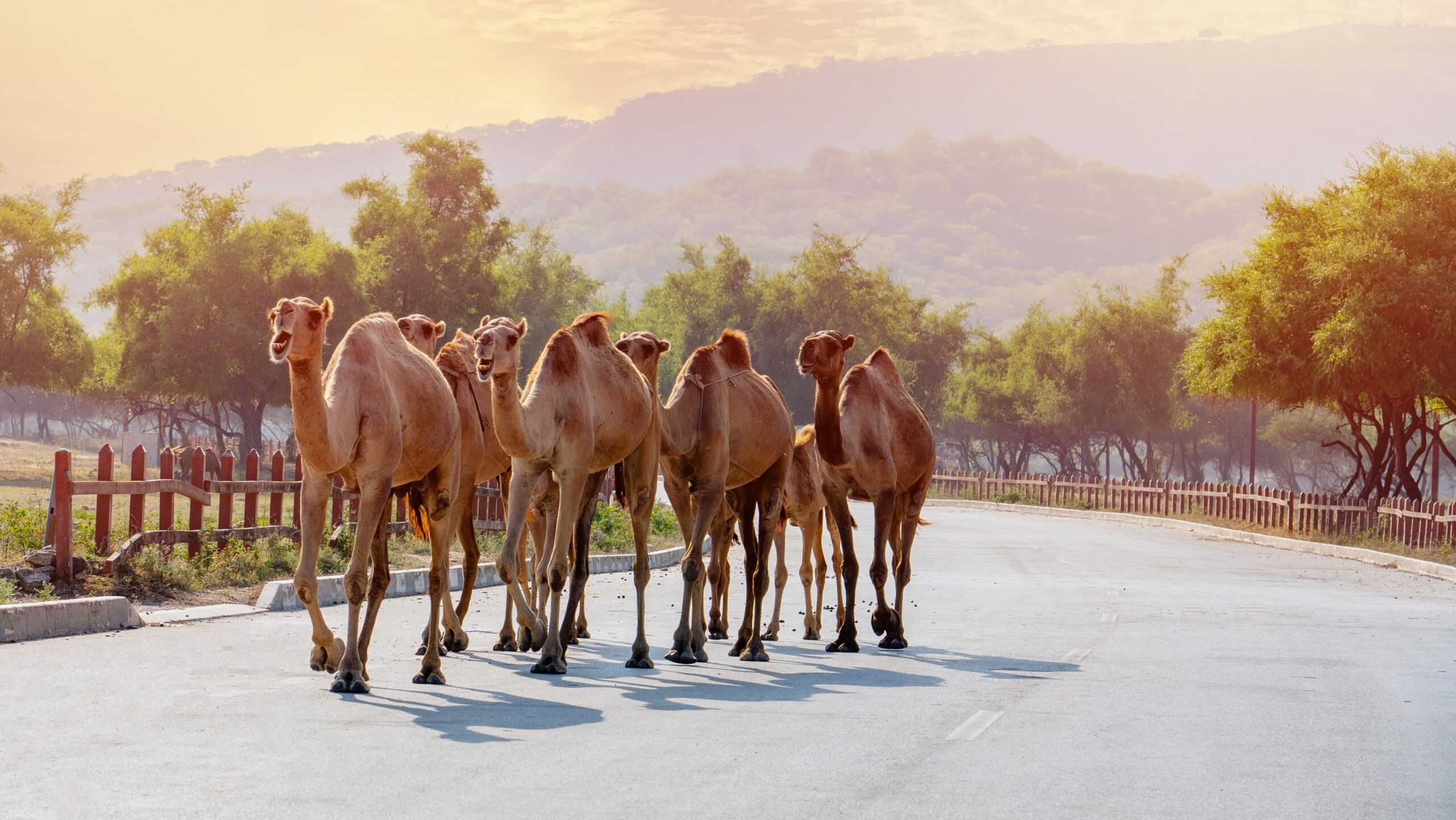
Is Oman Safe for Solo and Female Travellers?
If you’re wondering whether Oman is safe for solo or female travellers, let me reassure you. Yes, it absolutely is.
As someone who has travelled extensively, often alone, I found Oman to be one of the most welcoming and respectful countries I’ve visited. There’s a gentleness to the way people engage with you here – quiet, polite, and deeply rooted in Omani culture. It’s a place where you can slow down, take in the landscape, and explore without constantly being on edge.
That said, your travel instincts still matter. It’s always wise to stay aware of your surroundings, especially if you’re out after dark or exploring quieter areas. If you’re driving solo through remote mountain roads or desert stretches, make sure your phone is charged, you’ve got some supplies, and ideally, let someone know your route. Oman’s infrastructure is excellent, but distances can be long, and the signal can be patchy in some places.
In cities like Muscat, Nizwa, or Sur, I felt completely safe walking around—even at night. Locals are helpful without being intrusive, and street harassment is virtually unheard of. People might offer assistance or ask where you’re from, but it’s usually out of genuine curiosity and warmth.
Dressing modestly is important here, not because it’s dangerous not to, but because it shows respect for local culture. Loose-fitting clothes that cover shoulders and knees are ideal. I found that when you make the effort to understand and adapt, you’re often met with even more kindness and hospitality.
There might be occasional moments where the unfamiliarity of the culture makes you pause, but discomfort isn’t the same as danger. From wandering through ancient forts and bustling souks to camping solo in the desert, Oman gave me the kind of freedom and safety that’s hard to find elsewhere.
Safety Tips for Your Oman Trip
Oman is one of the safest countries you can travel to, but like anywhere in the world, a few simple precautions can help make your journey smoother and more enjoyable. Whether it’s your first time here or you’ve visited before, these tips will help you stay safe and respectful as you explore this beautiful country:
- Respect Local Customs and Dress Modestly
Oman is a traditional country, and it’s important to dress conservatively, especially in rural areas and religious places. For women, it’s best to wear loose-fitting clothes that cover the shoulders and knees. Men should avoid sleeveless shirts in public. This shows respect and helps you blend in. - Stay Hydrated and Be Sun Smart
The weather in Oman can be extremely hot, particularly during the summer months. Always carry water with you, wear sunscreen, sunglasses, and a hat, and try to avoid being outside during the hottest hours of the day (12–4 PM). - Use Reliable Transport
Driving in Oman is safe, and road conditions are generally good. If you’re not driving, use official taxis or book rides through hotel services. Avoid hitchhiking or unmarked taxis. In the mountains or desert, consider renting a 4WD and always check fuel and supplies before heading out. - Be Careful Around Water and Mountains
If you’re swimming in wadis or visiting cliffs, take care. Water levels in wadis can rise quickly during rain, and mountain roads can be steep and narrow. Always wear good shoes and check the weather before heading out. - Avoid Public Displays of Affection
Holding hands is fine for married couples, but kissing or hugging in public can be seen as disrespectful. It’s best to keep things subtle and polite. - Don’t Take Photos Without Permission
Always ask before taking photos of people, especially women, or in traditional villages. Some places also prohibit photography, such as government buildings and military sites. - Follow the Law and Be Respectful
Oman has strict but fair laws. Avoid talking about politics or religion, don’t drink in public, and only consume alcohol in licensed venues like hotels. Drugs are strictly illegal. - Trust Your Instincts and Ask for Help if Needed
Omanis are known for their hospitality. If you feel unsure or lost, don’t hesitate to ask someone for help—locals are often happy to assist, and English is widely spoken in tourist areas.
Drone Regulations in Oman
Recreational drone flying is not permitted in Oman and can result in severe penalties, including substantial fines and confiscation of your drone. If you plan to use a drone for commercial purposes, you must apply for a permit at least 15 days in advance and receive approval before arriving in the country.
As of December 1, 2024, all drone operators are also required to provide proof of training from an organisation approved by the Civil Aviation Authority.
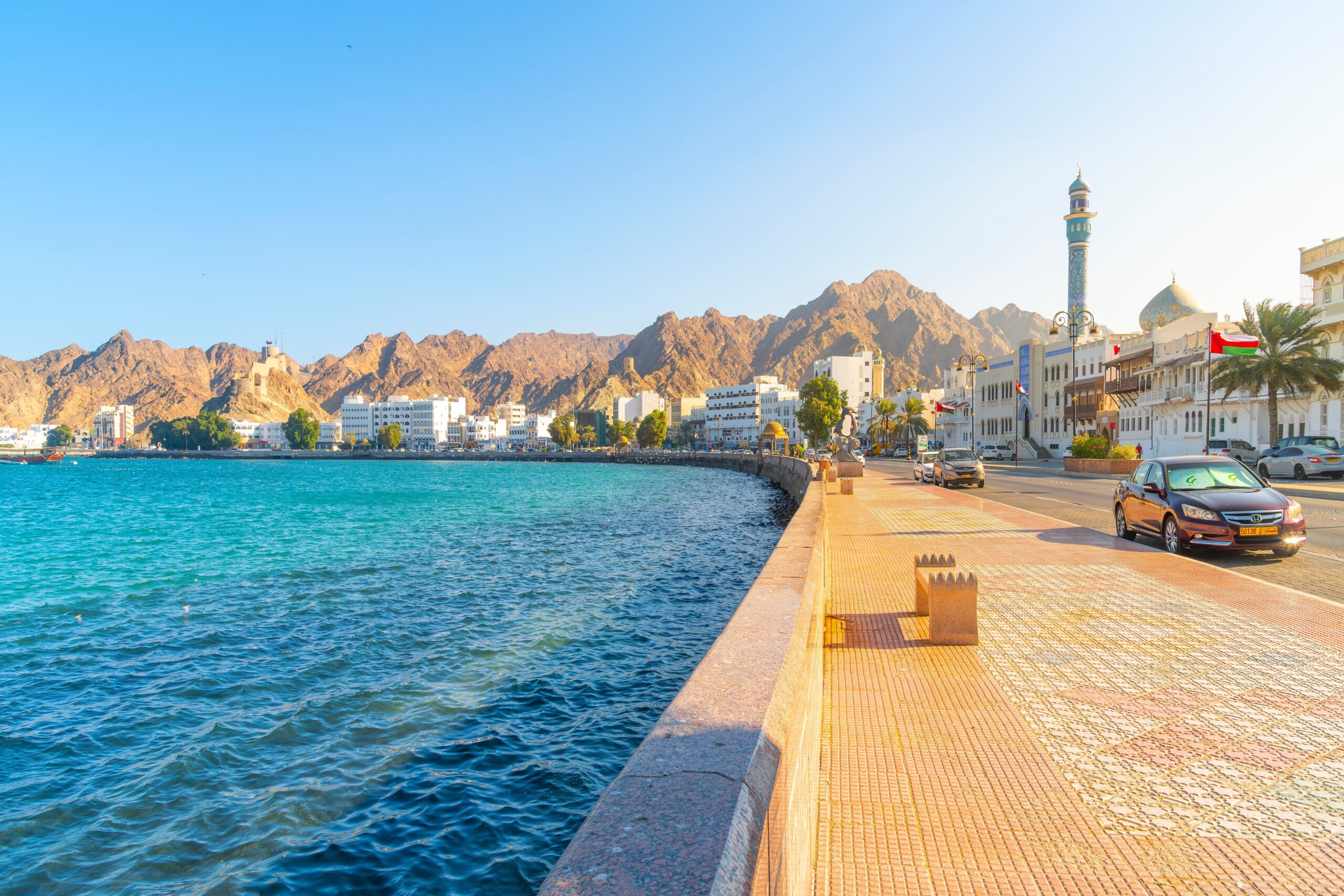
Do I Need Travel Insurance for Oman?
Travel insurance isn’t mandatory for visiting Oman, but it’s highly recommended. While the country is safe, welcoming, and easy to explore, unexpected situations can still arise, like a sudden illness, delayed flights, lost baggage, or changes in travel plans.
Healthcare in Oman is generally good, especially in major cities like Muscat, but medical treatment can be costly for travellers without insurance. If you’re heading into remote areas, like deserts or mountains, having emergency coverage becomes even more important. Insurance also helps protect you in cases of theft, accidents, or unexpected cancellations.
So, while you technically don’t need it to enter Oman, having travel insurance gives you peace of mind, so you can enjoy the journey without worrying about the what-ifs.
Is it Safe to Travel to Oman with Kids?
Absolutely. Oman is a very safe and family-friendly destination, and many travellers are pleasantly surprised by how easy and comfortable it is to explore with children.
From the peaceful cities and low crime rates to the warm hospitality of the Omani people, everything about the country makes it feel welcoming for families. Roads are well-maintained, public spaces are clean, and people tend to be incredibly kind and respectful, especially toward children.
There’s plenty for kids to enjoy too: from paddling in the turquoise waters of Wadi Bani Khalid to spotting turtles at Ras Al Jinz or exploring ancient forts and castles. Even just walking through a traditional souk becomes an adventure for curious young travellers.
Food hygiene standards are generally high, especially in restaurants and hotels, and bottled water is widely available. Public bathrooms are clean in most tourist areas, and larger towns and cities have good access to healthcare if needed.
Of course, it’s wise to follow basic travel precautions. Keep an eye on your children in crowded markets, stay well-hydrated (especially in the heat), and dress modestly to respect local culture. But overall, Oman offers a calm, enriching, and safe experience for families—one where you can slow down and truly enjoy travelling together.
Is it Easy to Get an Oman Visa?
Yes, obtaining a visa for Oman is generally quick and hassle-free, especially when applying for a short-term tourist visa. Oman has modernised its visa process in recent years, making it easier than ever to apply online before your trip.
Most travellers, depending on their nationality, can apply for an eVisa through Oman’s official visa portal. You’ll need to upload your passport details, a passport-sized photo, and travel documents like hotel bookings or a return ticket. The process is straightforward, and in most cases, your visa gets approved within a few working days.
Want a smoother experience? Use Atlys to apply for your Oman visa. It’s a secure and easy-to-use platform that helps with everything—from uploading your documents to tracking your application, so you can focus on planning your trip, not the paperwork.
In Oman, safety comes naturally, with low crime rates, kind people, and a peaceful pace of life. As long as you respect the culture and take care of the basics, you’ll likely find your trip to be not just safe, but truly heartwarming. In a world where safety is often a top concern for travellers, Oman quietly stands out. Its blend of natural beauty, warm hospitality, and low crime rates offers not just a secure travel experience, but one that feels deeply enriching.
Frequently Asked Questions About Travel Safety in Oman
1. Is Oman a safe country to travel to?
Yes, Oman is considered one of the safest countries in the Middle East, with low crime rates and a stable political environment, making it ideal for travellers of all kinds.
2. Is Oman safe for solo female travellers?
Absolutely. Oman is known for its hospitality and respect towards women. Solo female travellers generally feel safe exploring cities, cultural sites, and natural landscapes, especially when following local customs and dressing modestly.
3. Are there any areas in Oman I should avoid for safety reasons?
Oman is generally safe throughout the country. However, it’s best to avoid restricted military zones and always stay on marked roads, especially in remote desert or mountain areas.
4. What precautions should families with kids take when travelling in Oman?
Families should stay hydrated, dress modestly, and keep an eye on children in crowded places. Oman offers many family-friendly activities and has good healthcare facilities in major cities.
5. Do I need travel insurance when visiting Oman?
While travel insurance is not mandatory, it is highly recommended to cover medical emergencies, trip cancellations, and lost belongings for peace of mind during your trip.
6. Is it safe to drive in Oman?
Yes, Oman has well-maintained roads and generally safe driving conditions. However, be cautious on mountain roads and desert tracks, and avoid driving at night in remote areas.
7. Are drones allowed in Oman?
Recreational drone flights are illegal without a permit. Commercial drone operations require approval from Oman’s Civil Aviation Authority, with applications submitted at least 15 days before the flight.
8. How safe is Oman’s healthcare system for travellers?
Oman offers good-quality healthcare, especially in urban areas. Emergency medical services are reliable, but travellers should have travel insurance to cover treatment costs.
9. Is it safe to drink tap water in Oman?
Tap water in Oman is generally safe in cities, but many travellers prefer bottled water, especially when visiting rural areas or deserts.
10. What cultural etiquette should I follow to stay safe in Oman?
Respect local customs by dressing modestly, avoiding public displays of affection, and seeking permission before photographing people or private property.
Disclaimer: This post contains a few affiliate links. If you happen to click on any of them and make a purchase, I might earn a small commission, at no extra cost to you. Just know that I truly appreciate your support if you choose to do so.

